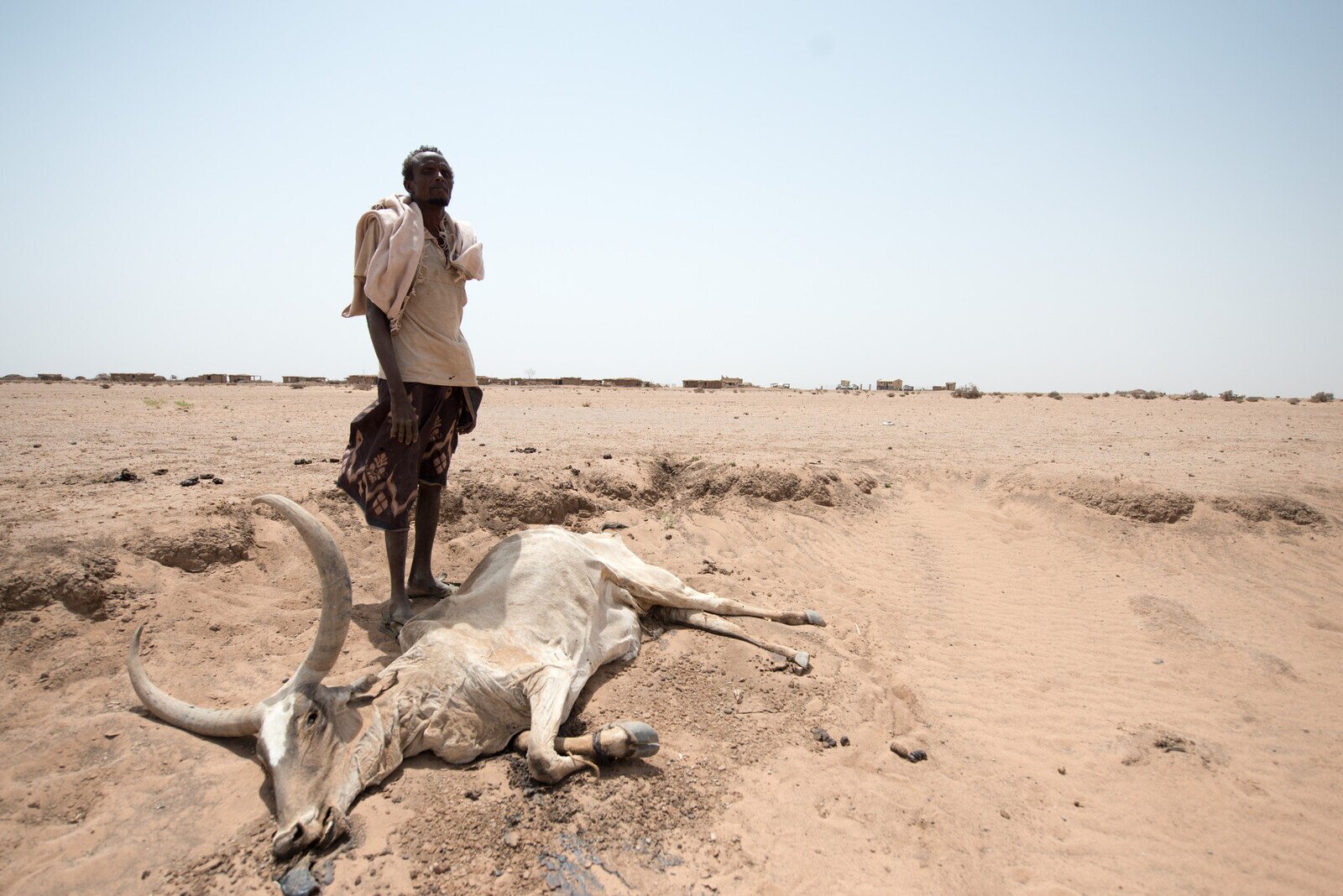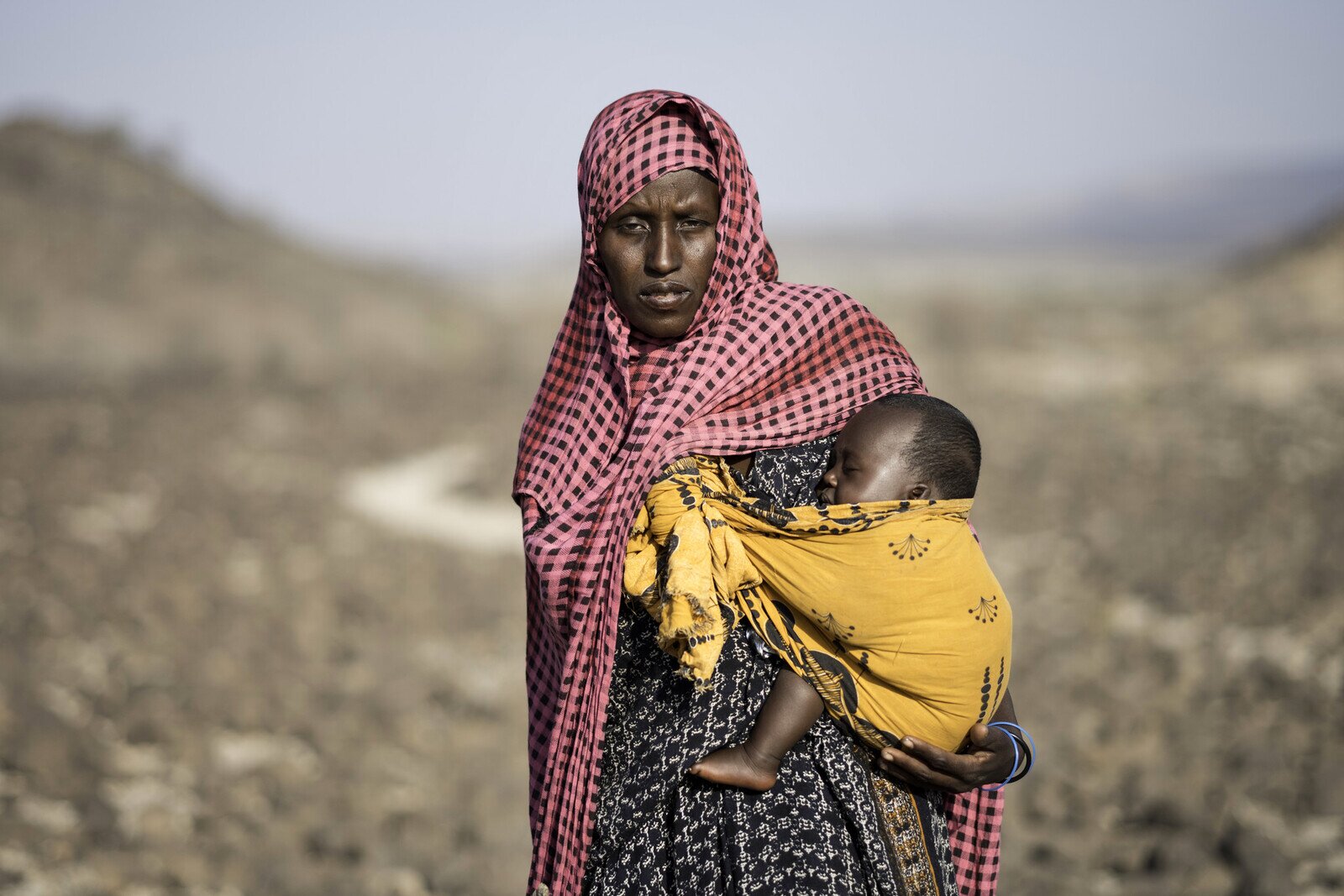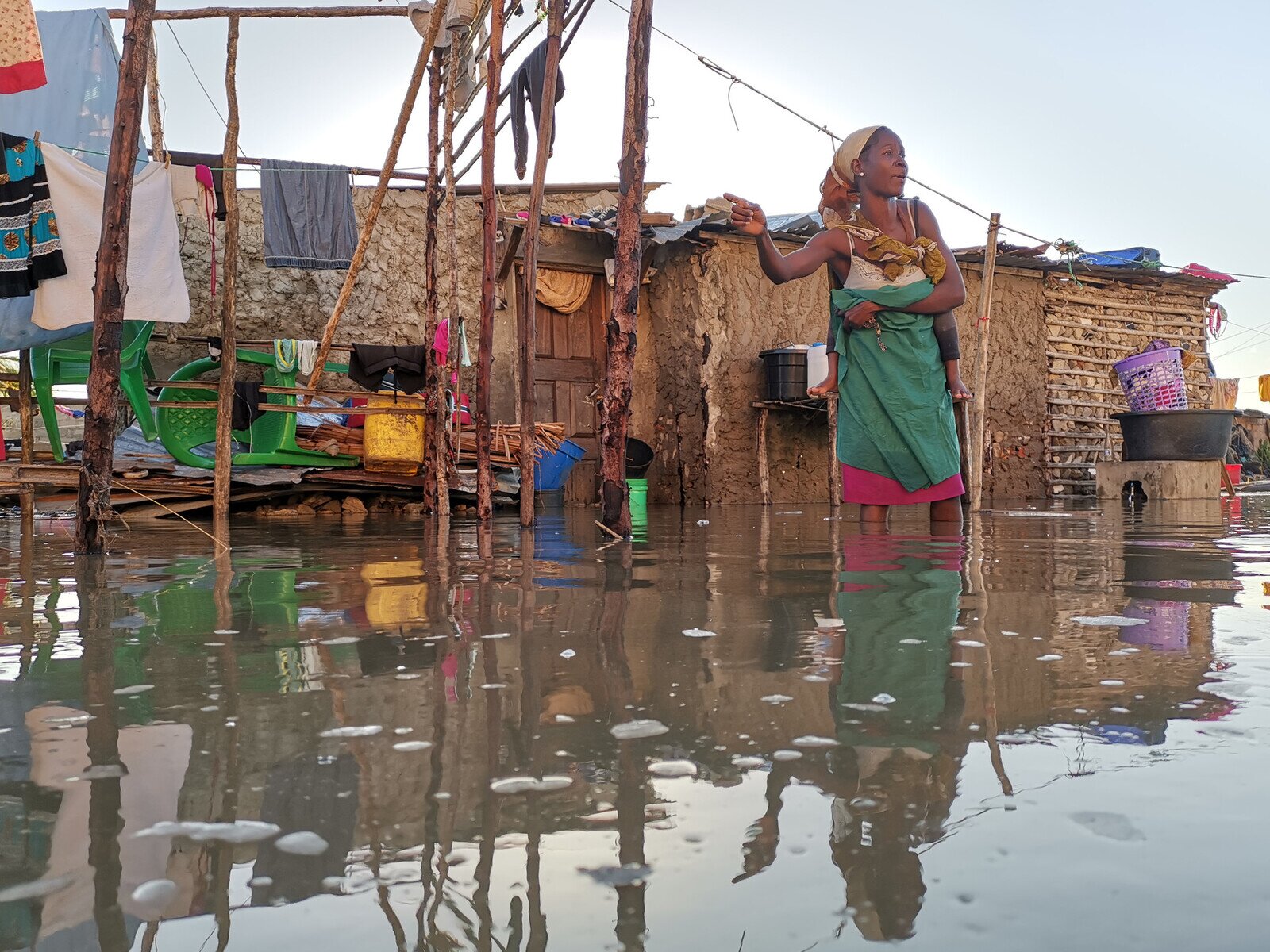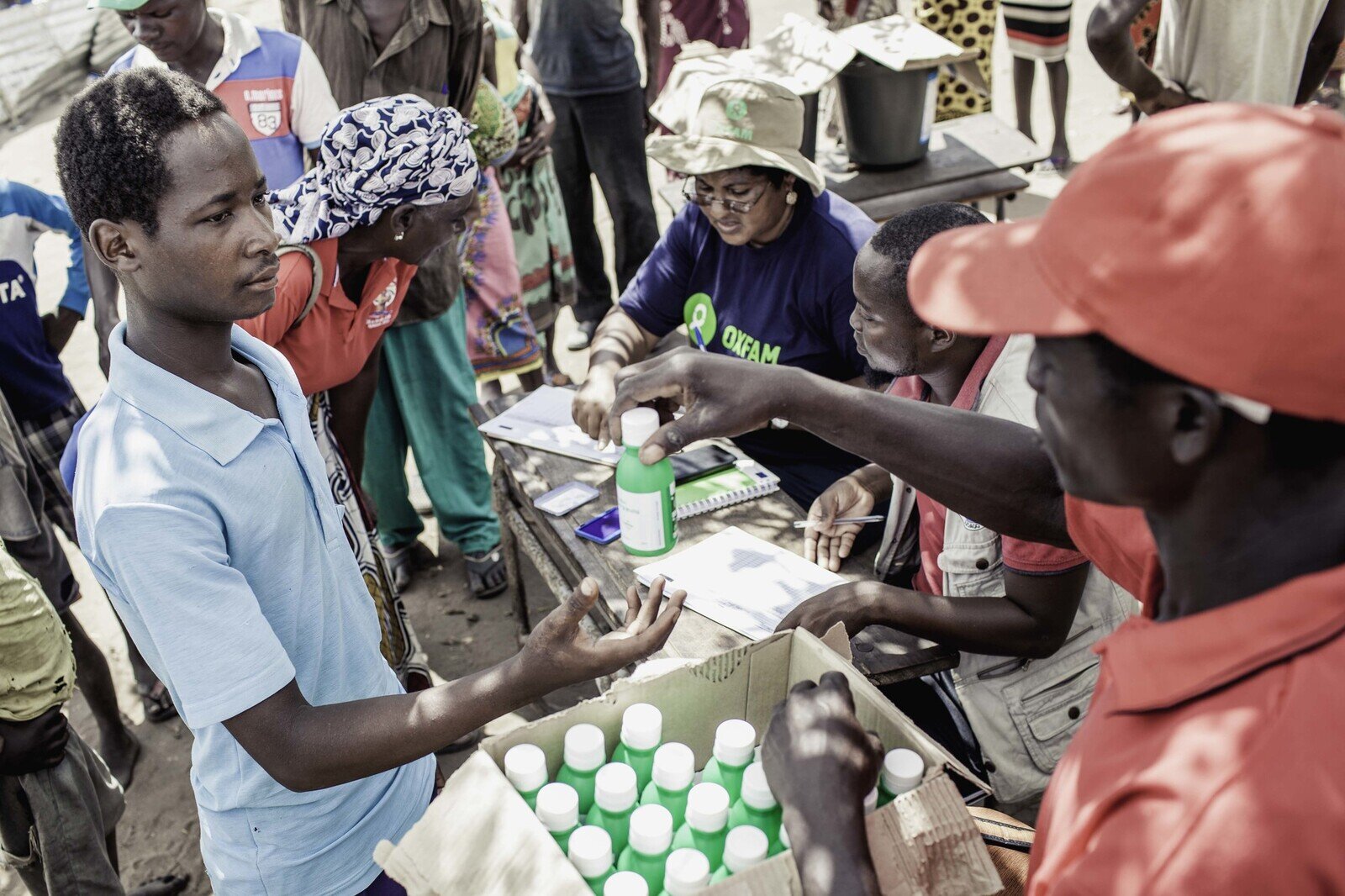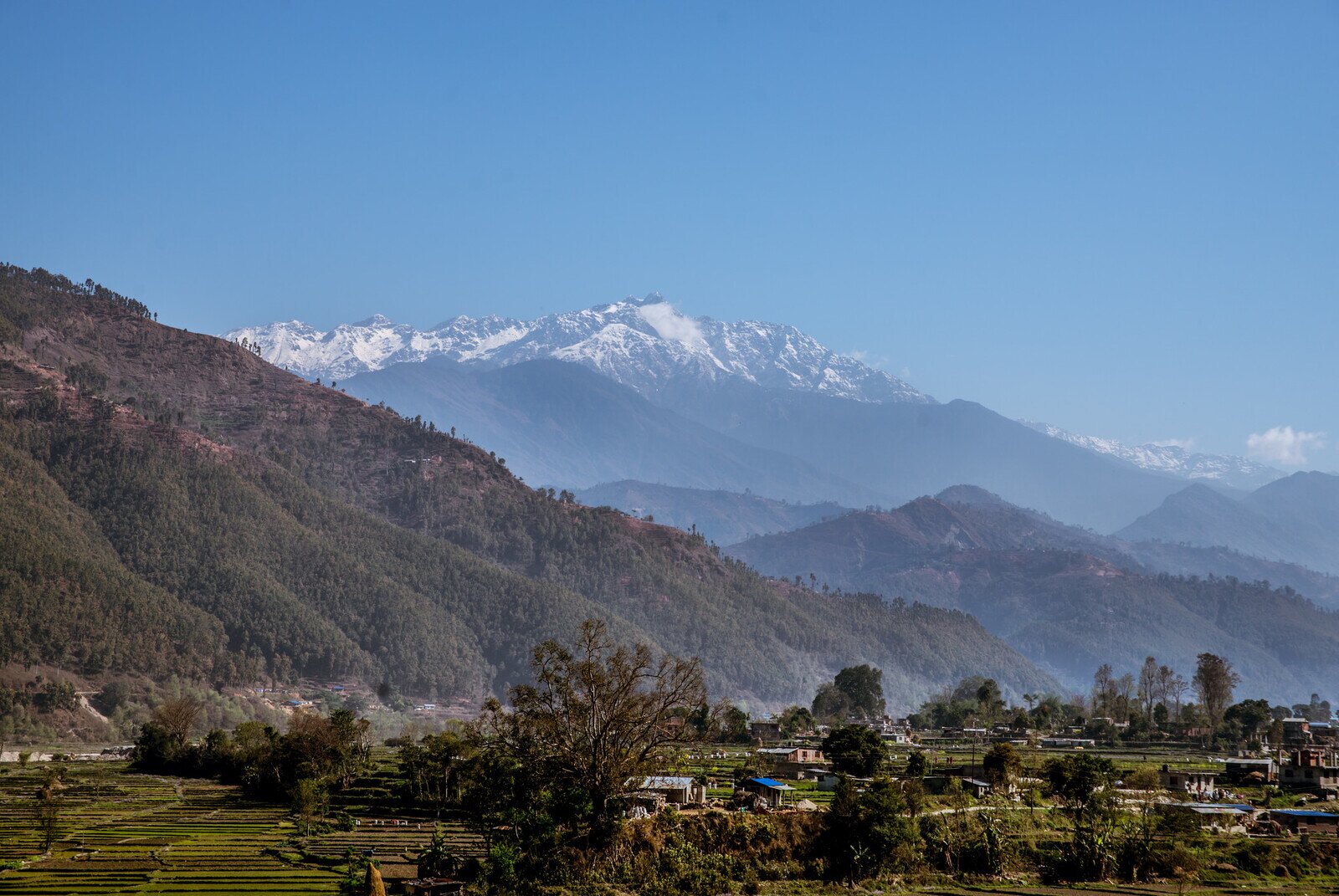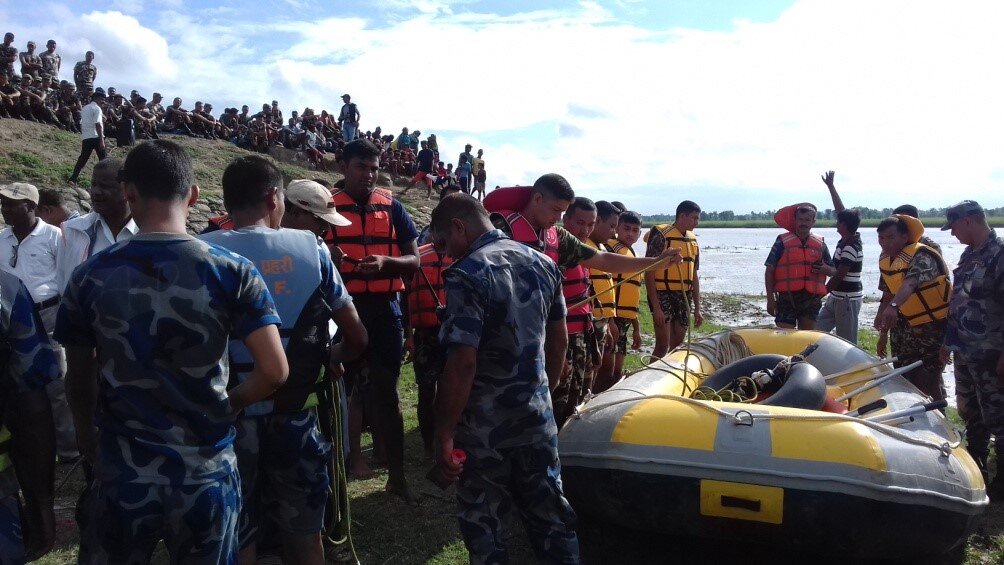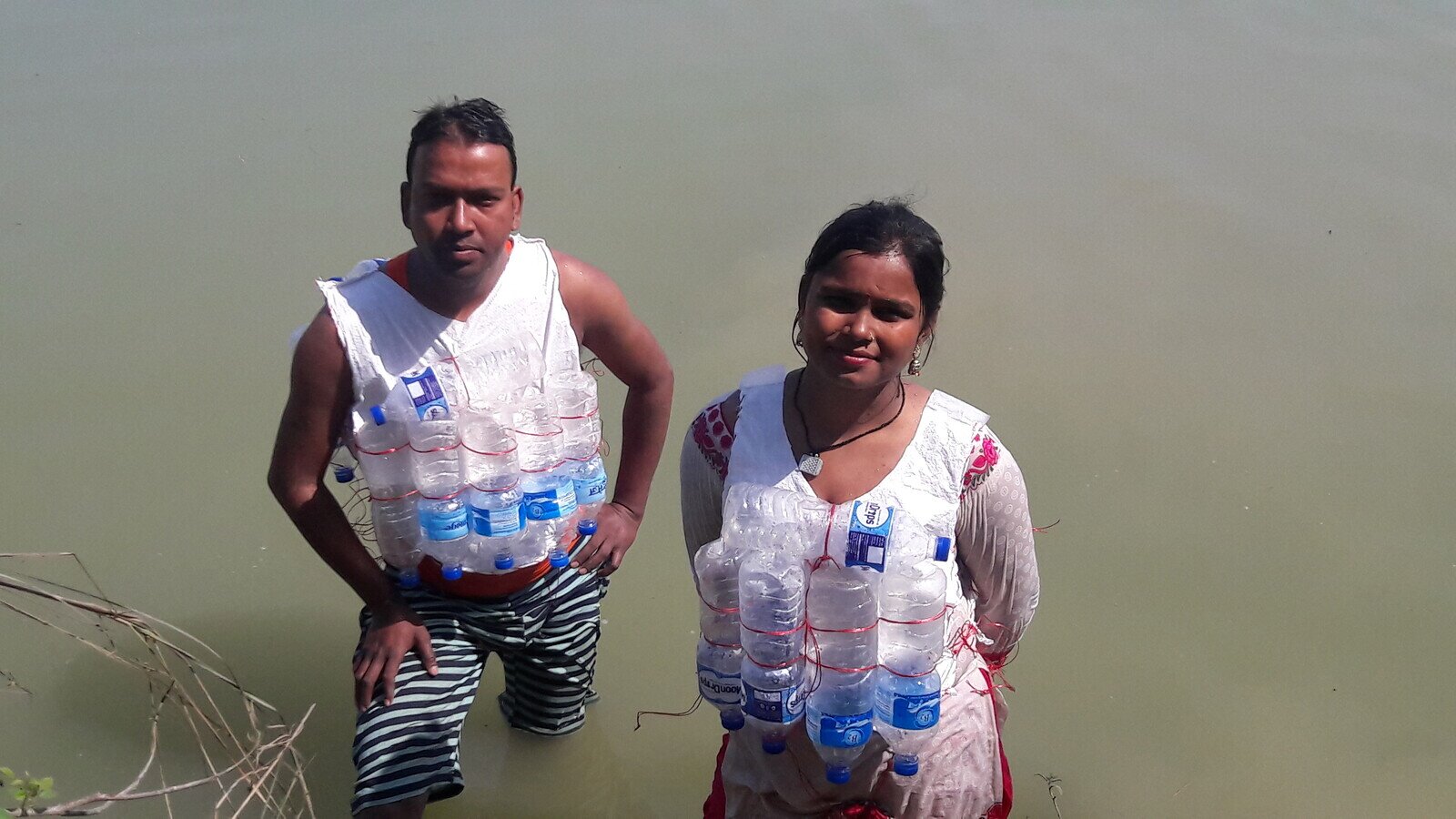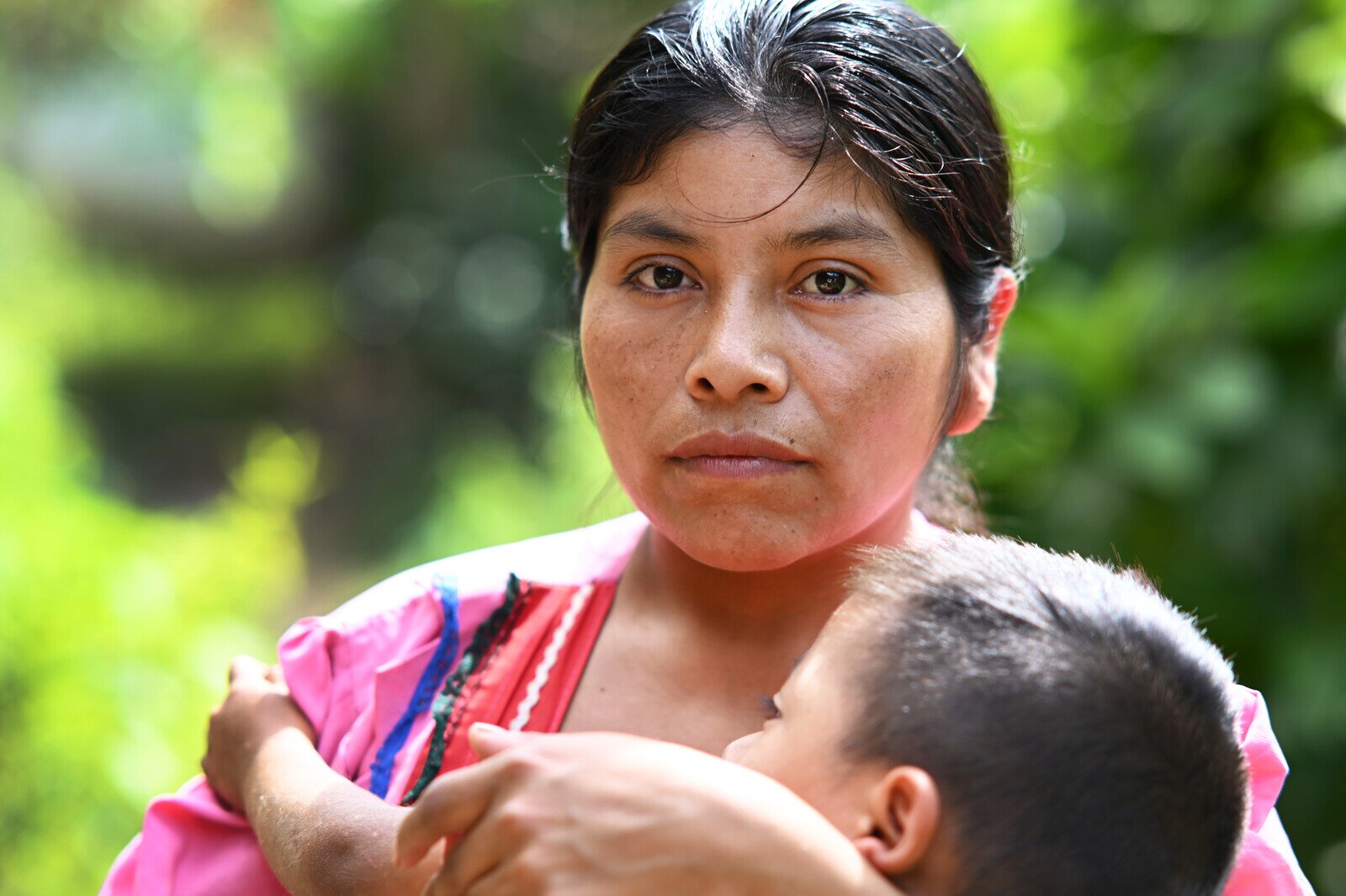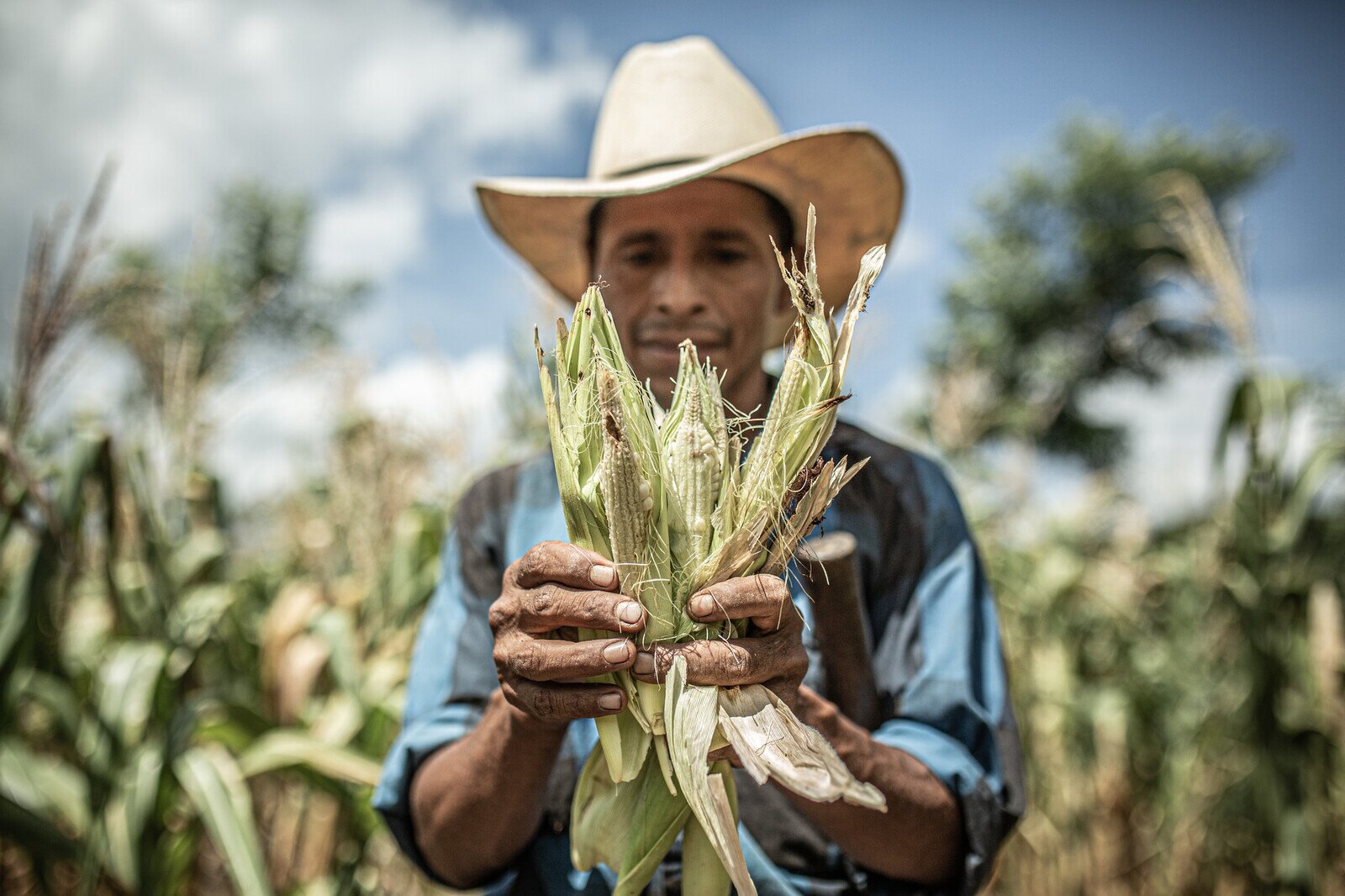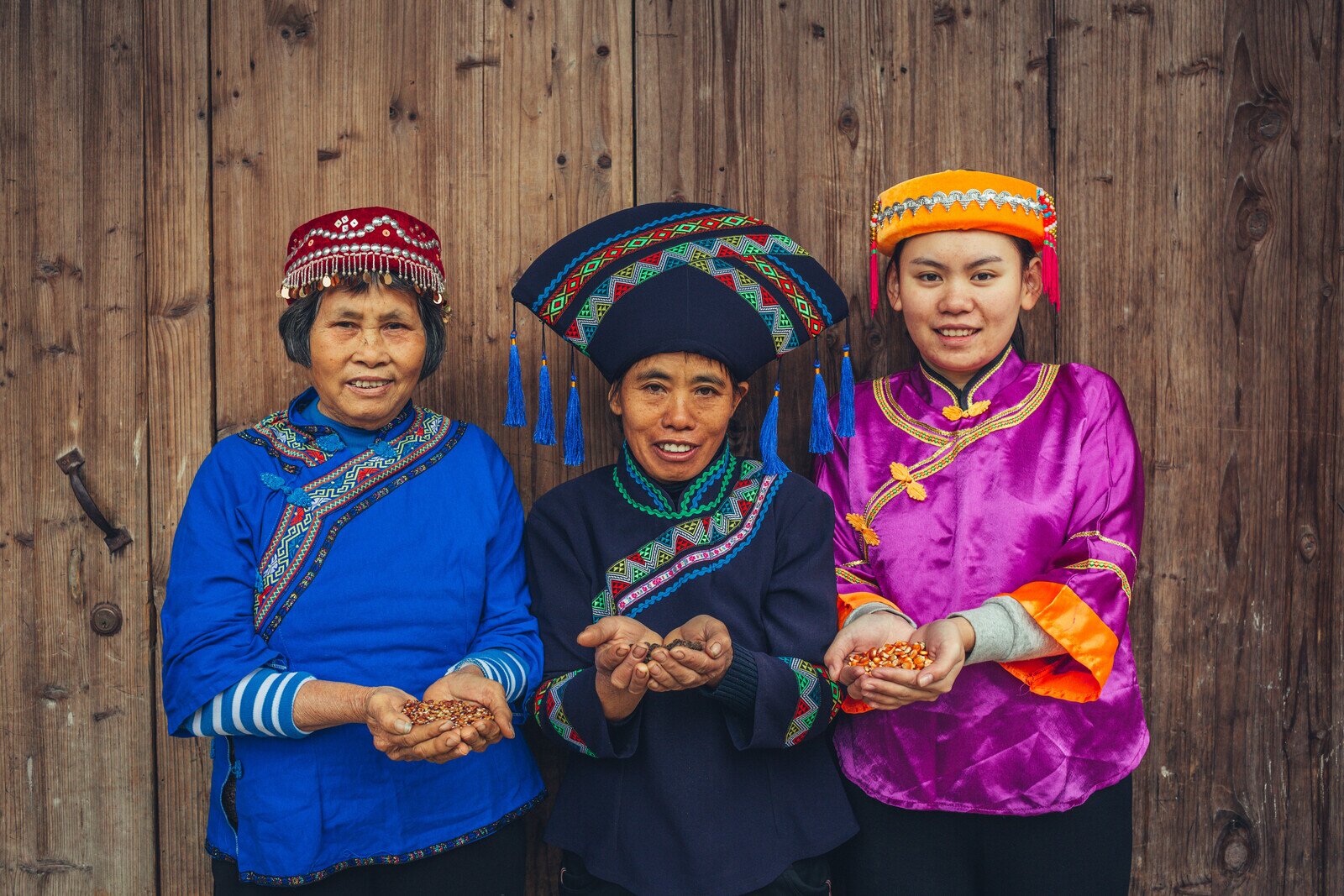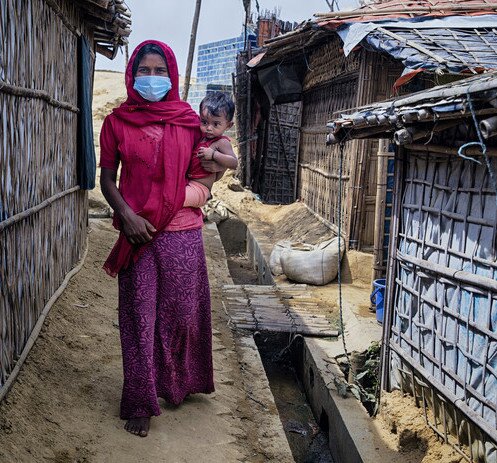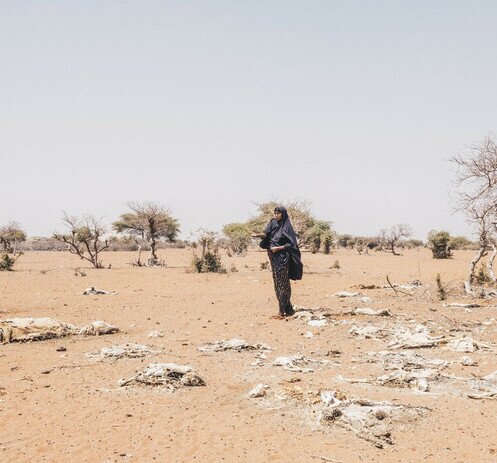Feature Stories
Advocacy and Campaign04 FEB 2021
NGOs win historic victory against French State for failing to tackle climate change

Oxfam Hong Kong
Oxfam is a global organisation committed to creating a world without poverty through its advocacy, development and humanitarian work.
A landmark ruling today has found the French State at fault for failing to take enough action to tackle the climate crisis. The decision by the French court will serve as a warning to other governments to do more to reduce carbon emissions in line with their public commitments, said Oxfam France, a plaintiff in the case.
In December 2018, Oxfam France, Notre Affaire à Tous, the Nicolas Hulot Foundation and Greenpeace France launched a legal action against the French State for failing to reduce the country’s emissions fast enough to meet its commitments. More than 2.3 million people signed a petition supporting the action – the largest in French history.
It is the first time the French State has been taken to court over its responsibility on climate change. Today’s decision leaves the government open to compensation claims from French citizens who have suffered climate-related damage, and could force it to take further steps to reduce its emissions.
Cécile Duflot, Executive Director of Oxfam France, said: “Today’s decision is a historic victory for climate justice. For the first time, a French court has ruled that the State can be held responsible for its climate commitments. This sets an important legal precedent and can be used by people affected by the climate crisis to defend their rights. This is a source of hope for the millions of French people who demanded legal action, and for all of those who continue to fight for climate justice around the world. It is also a timely reminder to all governments that actions speak louder than words.”
Oxfam launched the legal action because the climate crisis is fueling poverty, hunger and inequality around the world. Often it is the poorest countries that have contributed least to the crisis that pay the highest price. In September 2020, Oxfam revealed that the richest one percent of people produce more than double the emissions of the poorest half of the world population combined.
The climate crisis and adaptation measures in poor countries
Ethiopia
El Niños are getting stronger due to climate change. With one of the strongest El Niño ever recorded in 2016, irregular weather patterns in Ethiopia’s Somali region have made rainy season more erratic and unpredictable. Some villages have even seen no rainfall in over a year. Oxfam has been working with communities since 2011 to provide emergency water in the worst affected areas, to introduce disaster risk reduction measures and work with affected populations to develop their livelihoods and ensure food security. (Photo: Poon wai-nang / Oxfam)
Ethiopia
Mako and her husband Mahamud are pastoralist farmers living in the Somali region of Ethiopia. In the past few years, they have been affected by severe drought. Oxfam is working to help pastoralist farmers like Mako and Mahamud to diversify their sources of income and grow crops that are more resistant to droughts. (Photo: Kieran Doherty / Oxfam)
Mozambique
On 14 to 15 March 2019, Cyclone Idai slammed into Mozambique, Malawi and Zimbabwe, devastating the lives of about 2.6 million people across the three countries and claiming the lives of over 1,000. Barely six weeks on, Cyclone Kenneth tore through northern Mozambique. Repeated cyclones in Mozambique have caused US$3.2 billion worth of loss and damage – equivalent to 22 per cent of the country’s GDP or approximately 50 per cent of its national budget. (Photo: Sergio Zimba / Oxfam)
Mozambique
After her house was severely damaged by Cyclone Kenneth, Fatuma said: ‘When the winds started, everyone was looking for a tree to hold on to so that you’re not blown away. When the rain hit your face, it was like being hit by a stone. I grabbed my kid’s bag that had a sweater and some clothes because I didn’t want them to be cold.’ (Photo: Oxfam)
Mozambique
Oxfam distributed hygiene items to people affected by Cyclone Idai with partner organisation AJOAGO, a Mozambican humanitarian organisation. As world leaders gathered in New York for the Climate Action Summit in September 2019, Jose Mucote, the Executive Director of AJOAGO, went all the way from Mozambique to bring the voice of the Mozambicans to the world. ‘Every day, we’re supporting people who are already living in extreme poverty and have coped with a higher number of crises over the past two decades. Each disaster is making people poorer by the day and more vulnerable to whatever may come next’, said Jose. (Photo: Micas Mondlane / Oxfam)
Guatemala
‘We spent almost eight days enduring starvation’, Mariana said. In the community of Naranjo in Guatemala, climate change is leaving people with nothing to eat. With no other option, Mariana’s husband and her 20-year-old son walked for 20 days towards the United States in search of work. They had to sell their land and take on debt to pay for the journey. When her husband sends money back, some of it is used to pay off the debt and the rest goes towards the family’s survival. (Photo: Valerie Caamaño / Oxfam)

